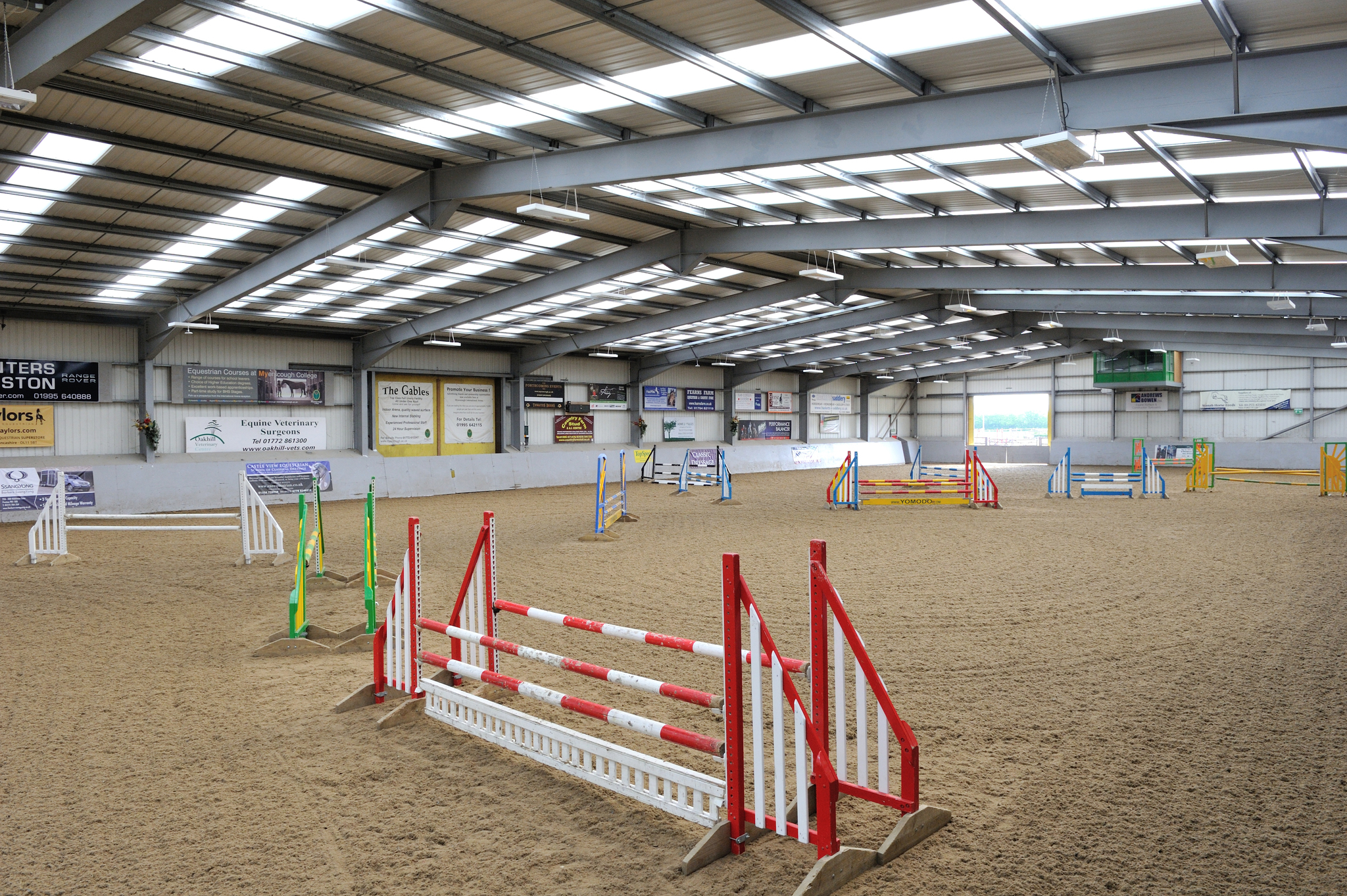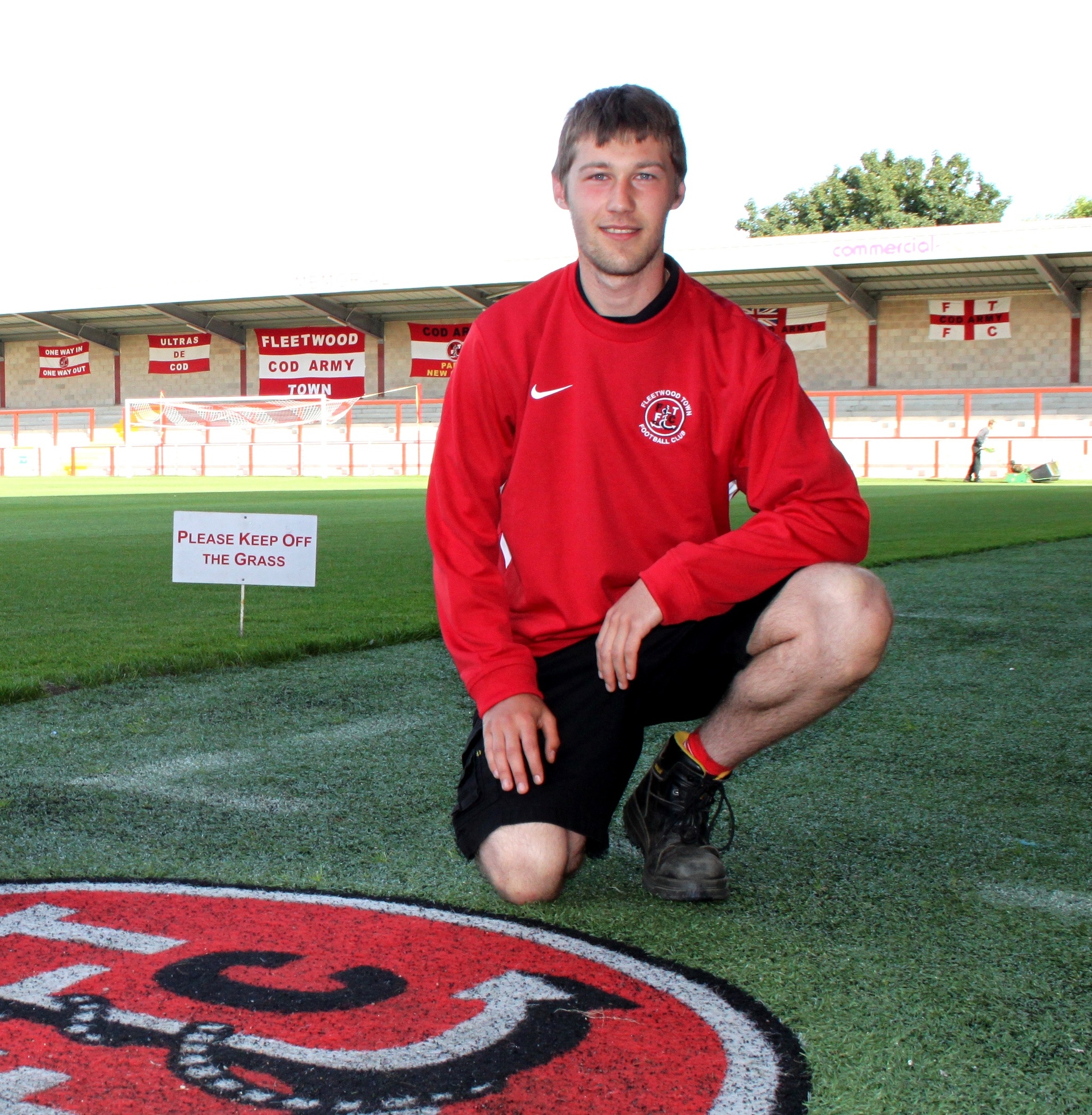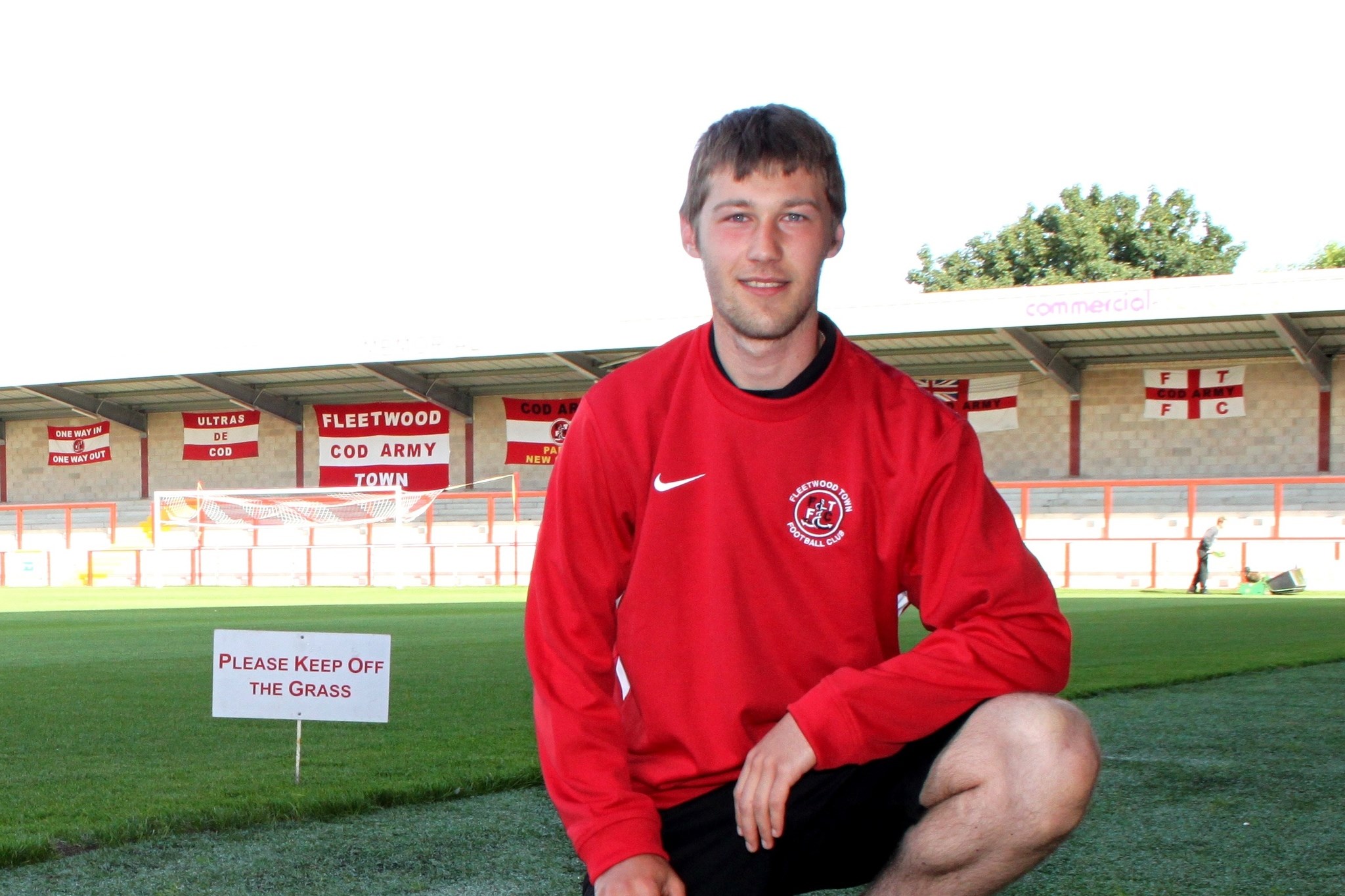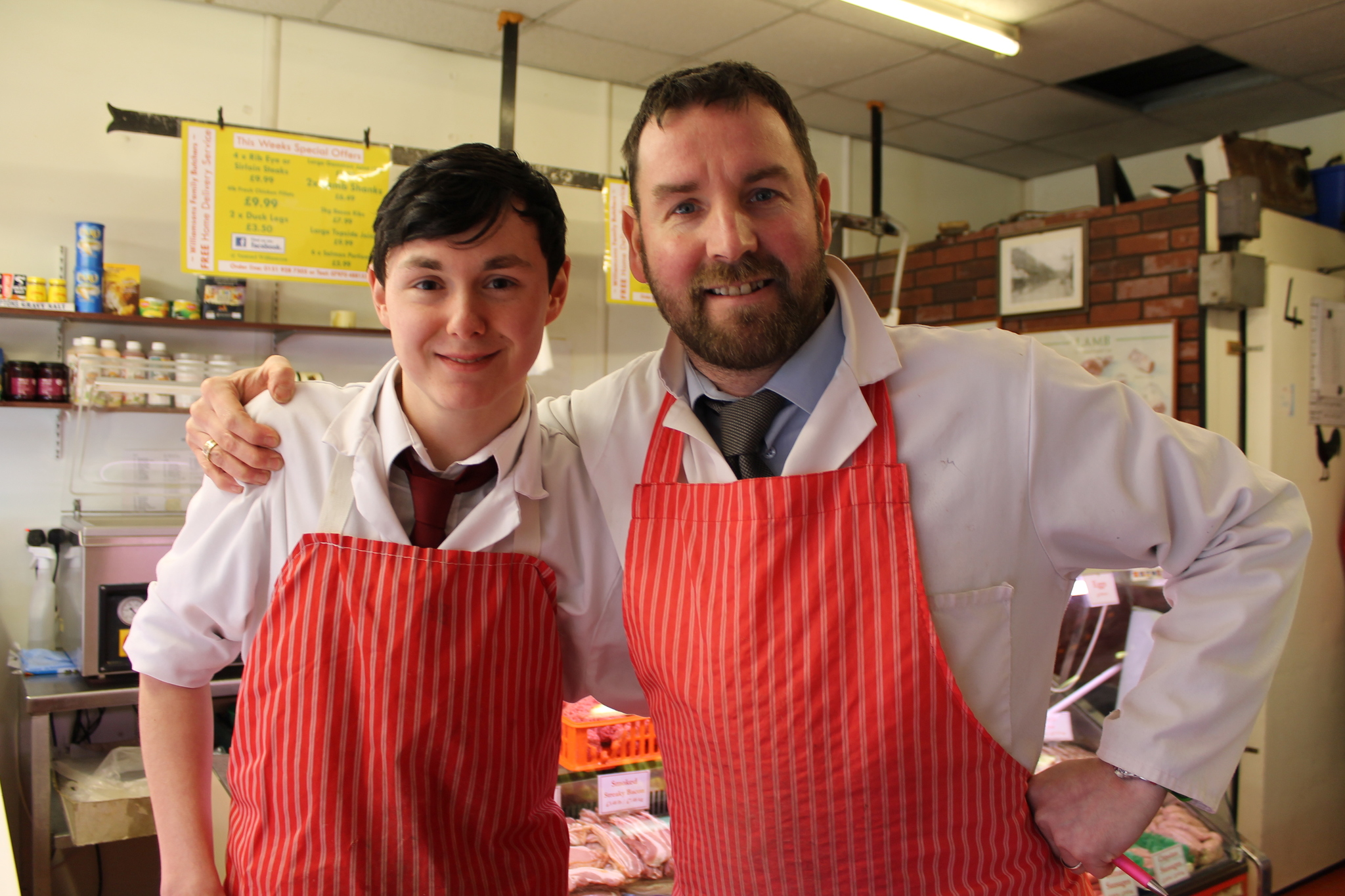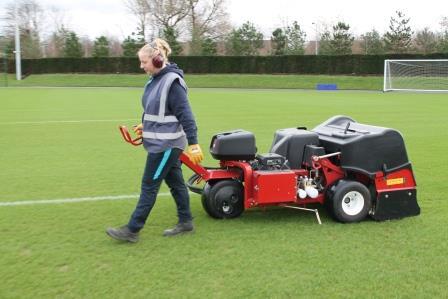Course modules
Combined Competence and Knowledge Qualification
Skills, Knowledge & Behaviours
An apprentice will be required to undertake & have an understanding of a number of different core skills, knowledge & behaviours to complete this apprenticeship. Please see factsheet for more information.
Functional Skills
Functional Skills
Level 2 Mathematics & Level 2 English
Entry requirements & additional information
Entry requirements
Entry Criteria
A potential Level 3 apprentice:
Must be aged 16 or over & have officially left school.
Must be employed (NOT self-employed) in the relevant occupational sector, working a minimum of 30 hours per week.
An individual can only undertake an apprenticeship at the same or lower level than a qualification they already hold, if this allows the individual to acquire substantive new skills and the content of the training is materially different from any prior training or a previous apprenticeship.
Must have the right to work in England & spend at least 50% of their working hours in England over the duration of the apprenticeship.
Must be a citizen of a country with in the European Economic Area (EEA) or have the right of abode in the UK AND have been ordinarily resident in the EEA for at least the previous 3 years on the first day of learning.
All Apprenticeships require Initial assessment, vocational skills scan, an interview and employment in the industry.
Typically, an applicant will have attained a minimum of 4 GCSEs at grade A-C (9-4) including maths and English, or a vocational level 2, plus GCSE grade A-C (9-4) in both maths and English. N.B. English & maths Functional Skills Level 2 will be accepted as an alternative to GCSE’s.
All potential Apprentices will be asked to complete an online functional skills assessment regardless of previous qualifications*.
Apprentices who begin their apprenticeship training when aged 19+ will no longer be subject to the mandatory requirement to study towards and achieve English and Maths. However English and Maths will still be delivered as an embedded part of the apprenticeship.
For apprentices aged 19+, the apprentice or their employer can still choose for the apprentice to study towards and achieve English and Maths qualification.
'The college advises learners to keep studying English and maths to enhance their career prospects and facilitate progression to higher-level qualifications'.
The government will continue to fund those apprentices that wish to study towards an English and maths qualification.
Exceptional entries will be considered for all Apprenticeships at the discretion of the college based on experience, successful interview and outcomes of Initial and Diagnostic assessments for English and Maths to establish current levels of ability.
Learning and assessment
Theory work & learning materials delivered online with photographic, video & audio evidence being collected through the Onefile E-Portfolio platform, supported by off site technical training at Myerscough College as required.
The employer will have access to their apprentices Onefile E-Portfolio so they can monitor progress & work that has been set by the tutor.
The qualification is made up of a number of mandatory units designed to have maximum relevance to the job & integrate with day to day responsibilities.
An employer must allow an apprentice 20% of their working week to undertake work required to complete their apprenticeship (this is a legal requirement) & will include any college attendance required.
There will be an end point assessment, conducted by an independent assessor.
All components must be passed for the apprentice to meet the apprenticeship standard & these will include:
- Knowledge Test
- Practical Observation
- Professional Discussion
There will be 2 levels of achievement: Pass & Distinction
In the unlikely event of an apprentice needing to resit an End Point Assessment (or elements of the End Point Assessment), then the employer will be responsible for funding these additional costs.
Progression
Apprentices successfully completing the Level 3 Apprenticeship have opportunities to progress within the industry by continuing onto Higher Education courses or full time employment.
Careers
Typical jobs apprentices will be able to progress onto on completion of this Apprenticeship will depend on the qualifications and experience gained, but could include: stables & livery yards.
Latest news, Equine studies
-
Croxteth students witness equine rescue demonstration at Merseyside Fire and Rescue Service
- Published
- Thursday 23 January
-
Higher education Research Conference a success
- Published
- Friday 8 Nov 2024
-
OPINION: Supporting young people into the equine industry
- Published
- Wednesday 6 Nov 2024
-
Charlotte’s research has horse power
- Published
- Monday 7 Oct 2024
-
Myerscough gallops to innovative apprenticeships in the horse racing sector
- Published
- Monday 9 Sep 2024
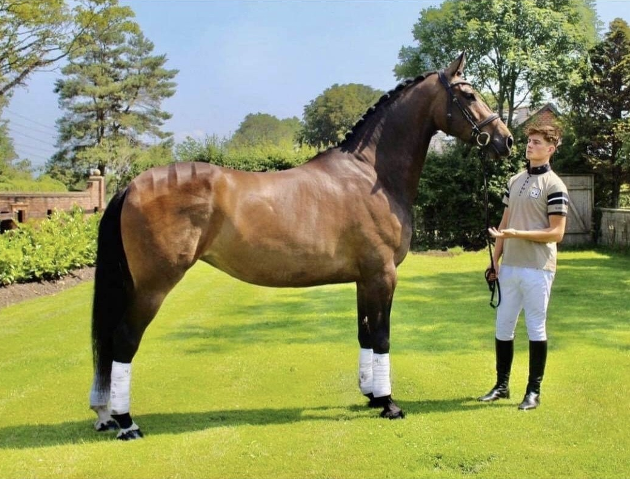

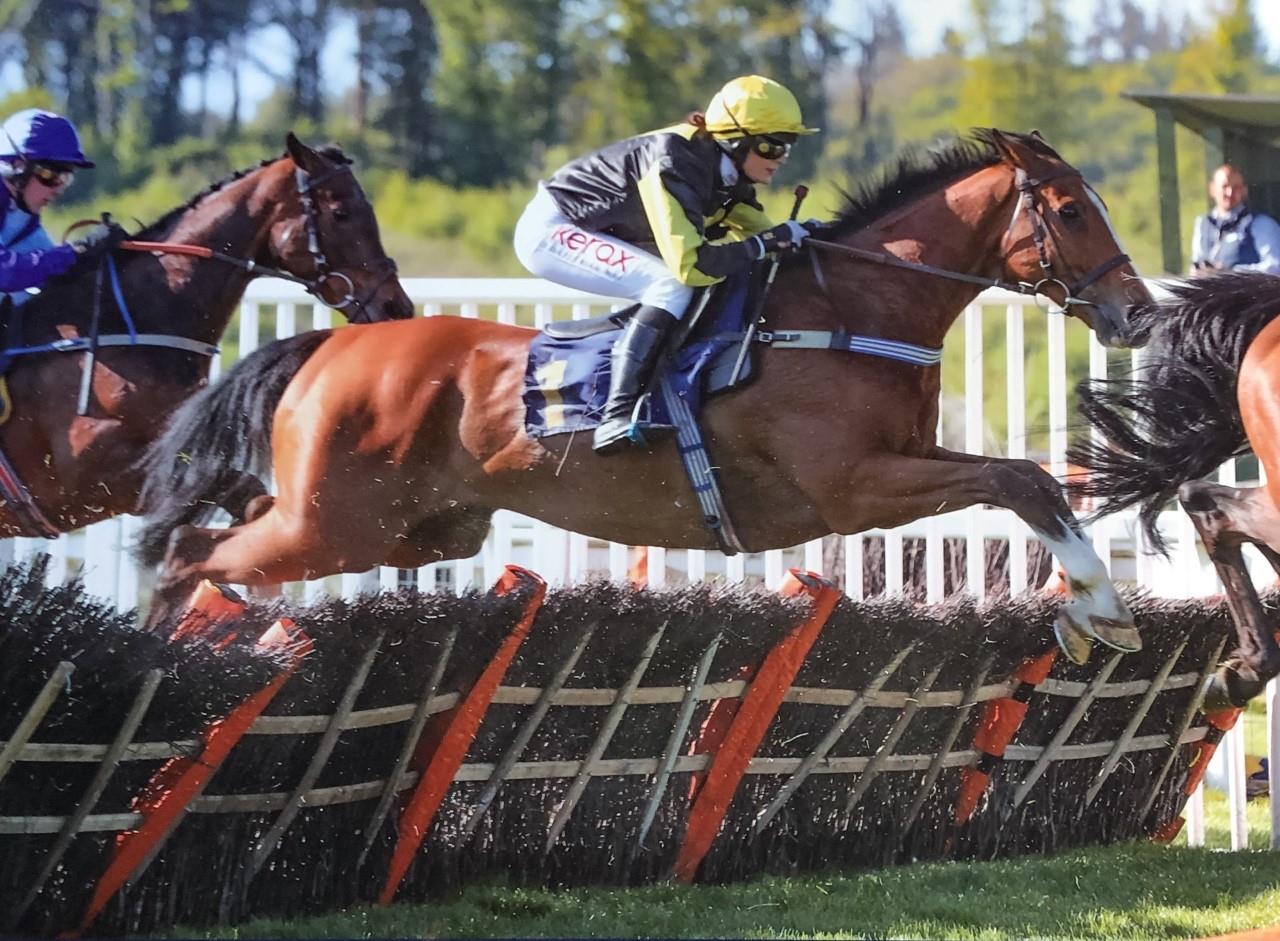

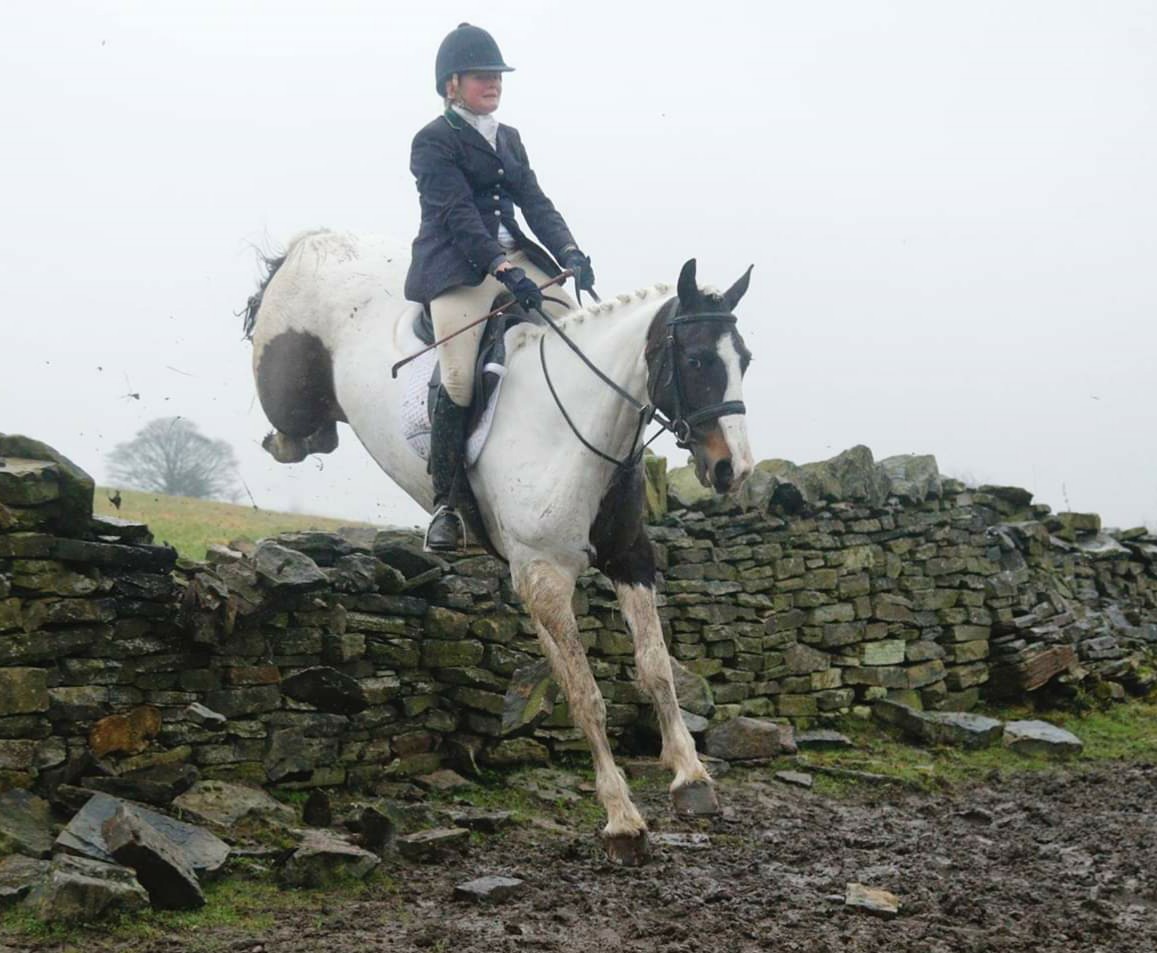
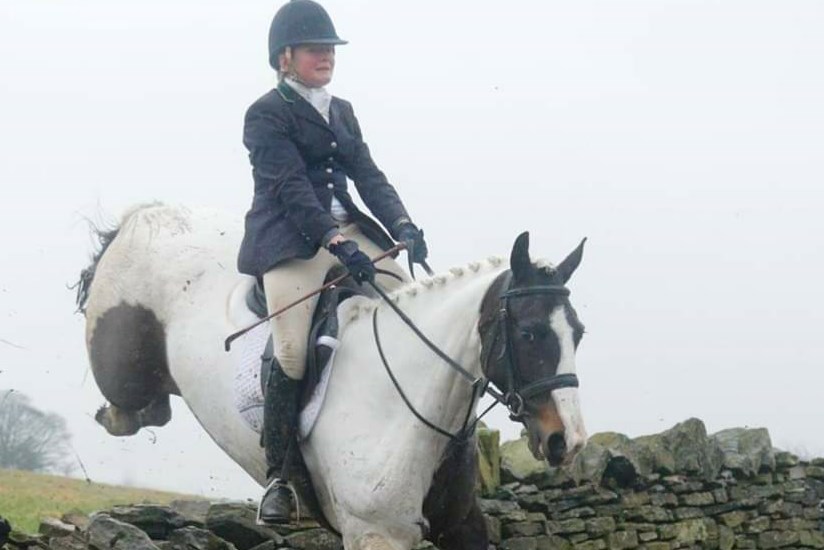
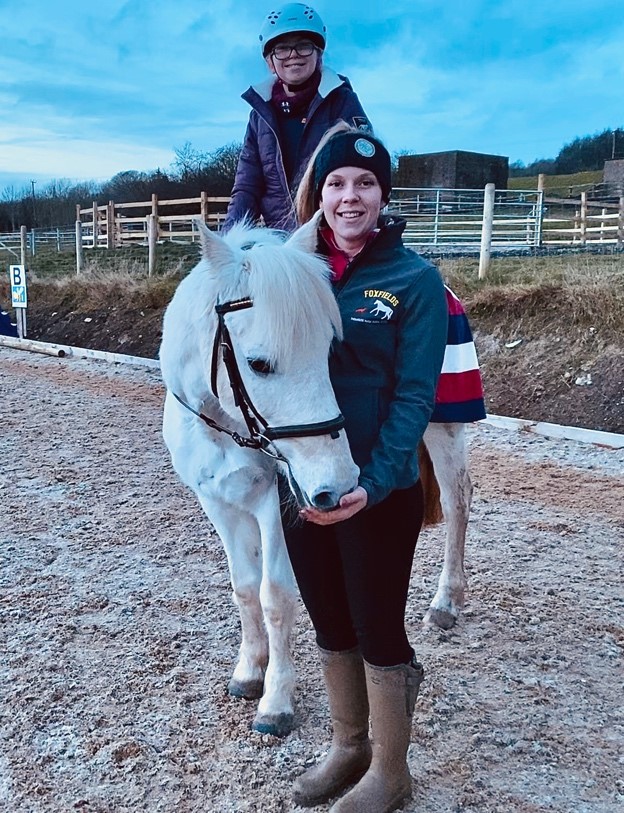
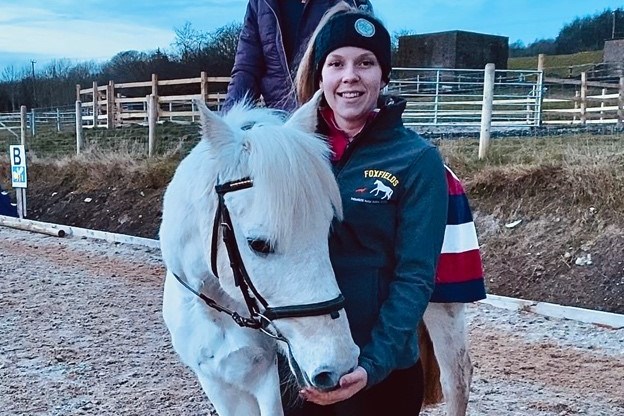
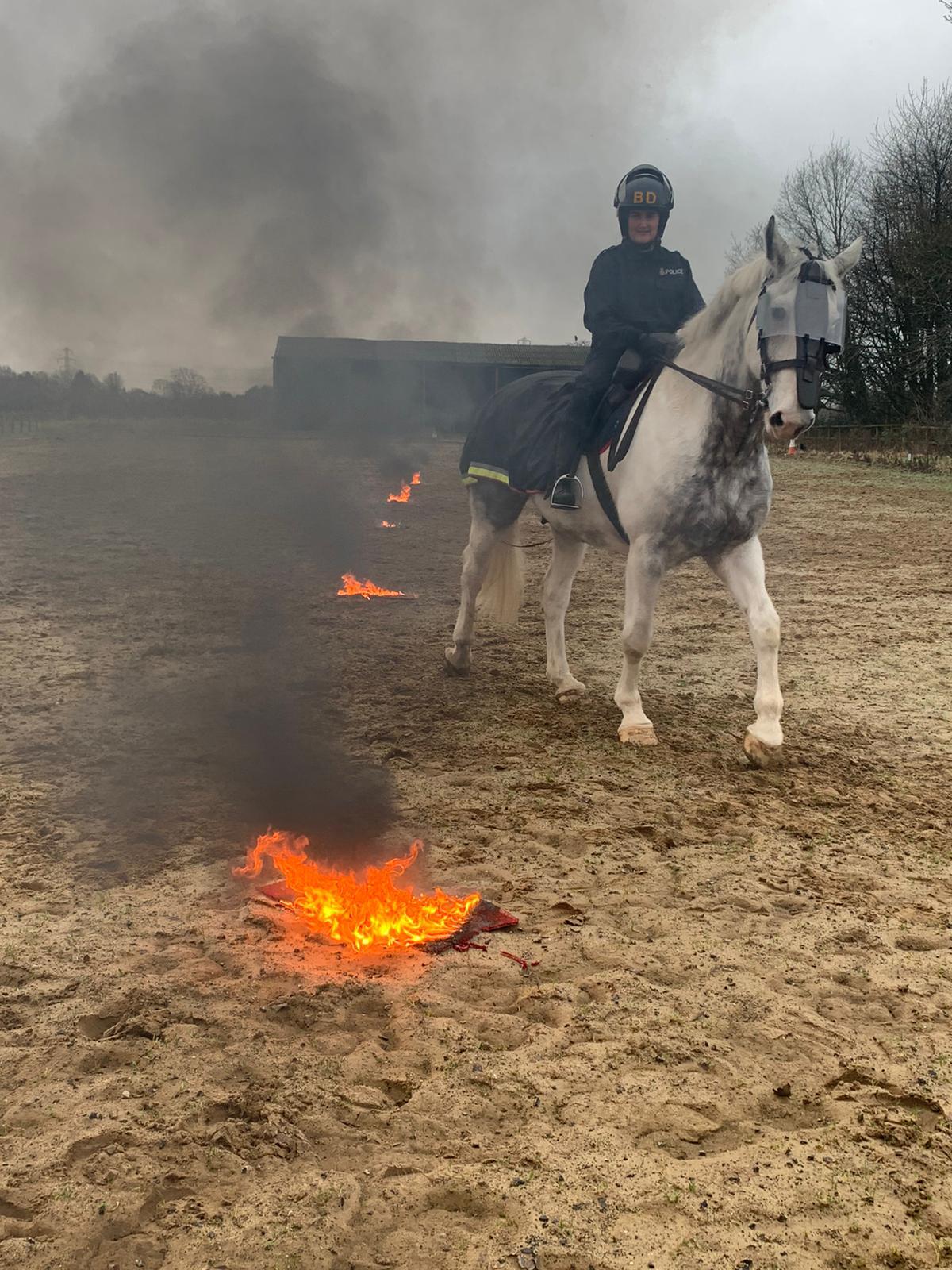
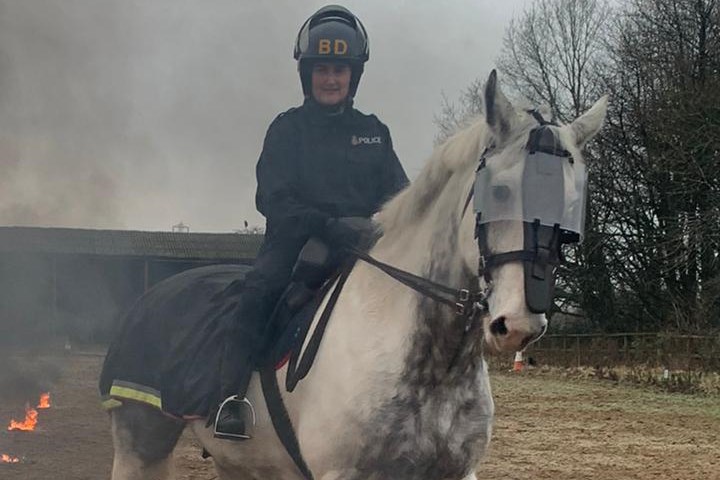
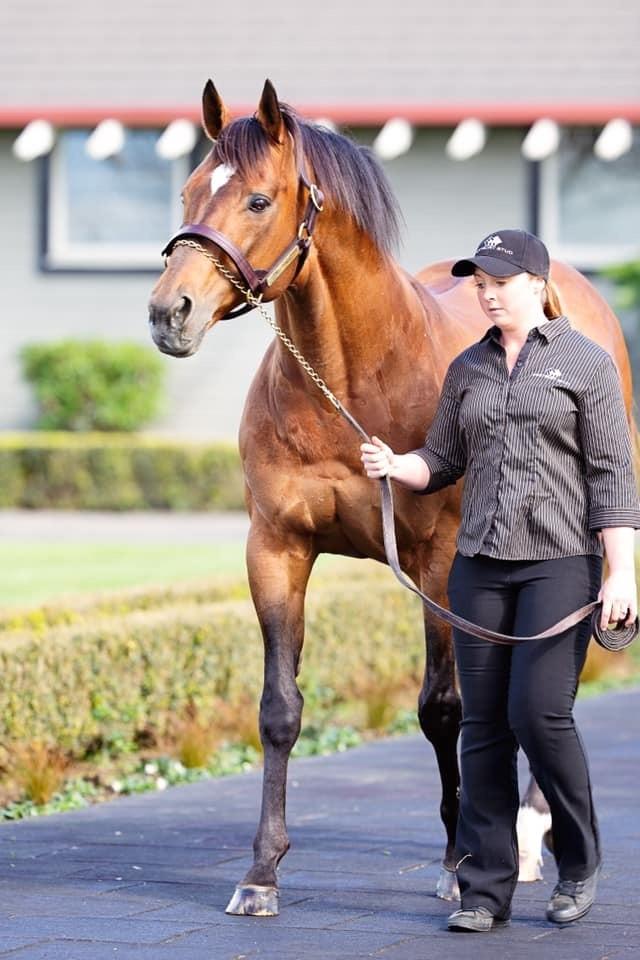
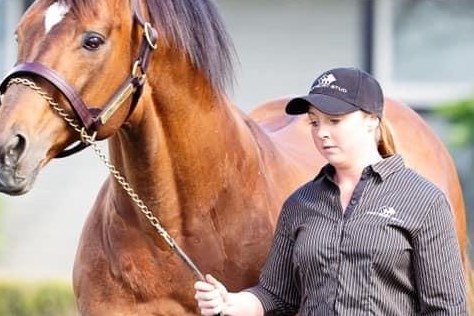
Latest news, Equine studies
-
Croxteth students witness equine rescue demonstration at Merseyside Fire and Rescue Service
- Published
- Thursday 23 January
-
Higher education Research Conference a success
- Published
- Friday 8 Nov 2024
-
OPINION: Supporting young people into the equine industry
- Published
- Wednesday 6 Nov 2024
-
Charlotte’s research has horse power
- Published
- Monday 7 Oct 2024
-
Myerscough gallops to innovative apprenticeships in the horse racing sector
- Published
- Monday 9 Sep 2024
-
Degree students present research at national conference
- Published
- Friday 10 May 2024

